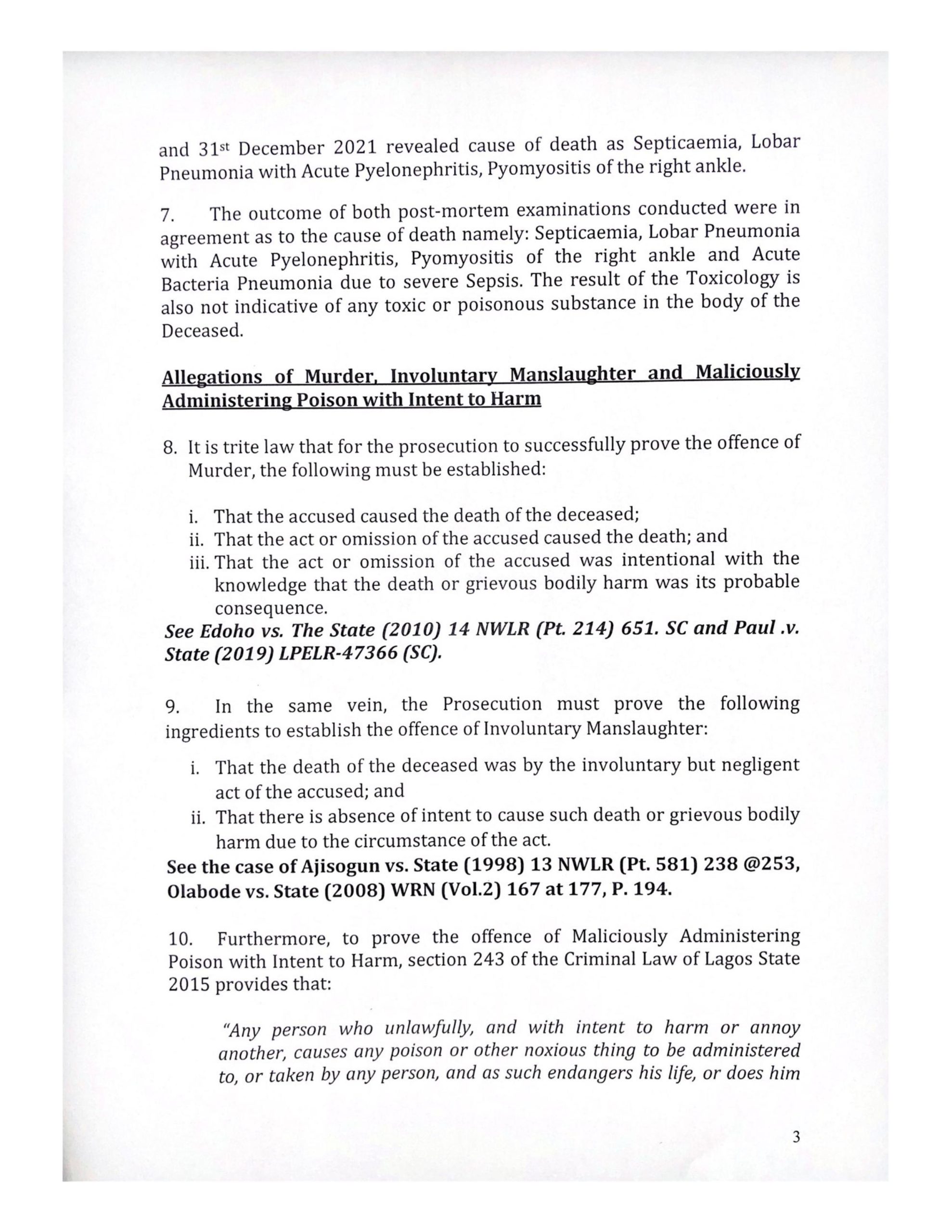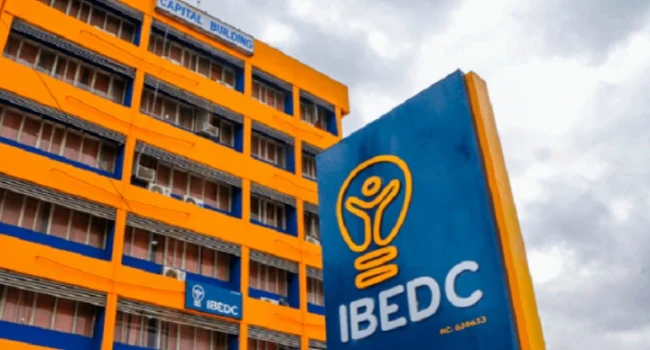On July 1, 2025, the Lagos State Government began full enforcement of its long-announced ban on single-use plastics less than 40 microns in thickness. These included styrofoam food packs, polystyrene cups, plastic straws, and thin carrier bags. This was not just another policy roll-out. It marked a significant environmental turning point for one of Africa’s most densely populated cities.
The Commissioner for the Environment and Water Resources, Mr. Tokunbo Wahab, had spent months leading the charge. At every forum and press briefing, he maintained that the state would not shift the enforcement date. And when that date arrived, the government kept its word. What many had assumed would be delayed or softened became a reality across markets, food vendors, eateries, and shopping outlets. Lagos had drawn the line.
The decision did not happen overnight. In January 2024, the government had announced the ban on styrofoam products, warning that other forms of non-biodegradable single-use plastics would follow. Manufacturers, food service businesses, and packaging companies were given an 18-month window to adapt. By January 2025, after multiple consultations with key industry players including the Manufacturers Association of Nigeria (MAN), the Restaurants and Food Services Proprietors Association of Nigeria (RFSPAN), and the Food and Beverage Recycling Alliance (FBRA), the government granted a six-month extension. That grace period ended on June 30, 2025. The very next day, enforcement began.
Commissioner Wahab consistently emphasised that the decision was not driven by convenience or popularity, but by necessity. Lagos, with its coastal geography, had become especially vulnerable to the effects of plastic pollution. Thin plastics and styrofoam containers were not just littering the streets; they were choking the city’s drainage systems, causing repeated flooding, and disrupting the natural flow of water across low-lying areas. The government had been forced to spend billions clearing clogged drains, dredging canals, and evacuating waste. These were resources that could have supported education, housing, or healthcare. Continuing with the status quo would have been reckless.
Across the world, over 70 countries had adopted similar bans or restrictions. Some had introduced taxes on plastic bags. Others had outright prohibited the use of certain materials. Lagos joined that global conversation not to make a statement, but to solve a real problem. For years, markets like Mile 12 and Oyingbo had been overwhelmed by plastic waste. Waterways like the Ogun River and Lagos Lagoon had carried tonnes of microplastics downstream. With each rain, the damage multiplied.
The Lagos Waste Management Authority (LAWMA) played a central role in translating policy into action. In the weeks leading up to enforcement, LAWMA organised community outreach campaigns, market sensitisation, and stakeholder meetings. Waste collectors were briefed on how to spot banned items and how to separate recyclable materials. LAWMA officials worked directly with traders, waste vendors, and informal sector recyclers to ease the transition. Educational materials were printed in English, Yoruba, and Pidgin to reach as many residents as possible.
Despite all these efforts, resistance remained. Some business owners argued that alternatives were more expensive. Others claimed they had not received enough notice. But Wahab was unflinching. He stated clearly that any manufacturer or distributor who had failed to find a safer, eco-friendly alternative after 24 months was simply not ready to comply. The policy had been public knowledge since 2024. The time for excuses had passed.
There was also concern about job losses, especially in the plastic production and distribution chain. The government responded by highlighting the opportunity for innovation. Biodegradable packaging, paper alternatives, reusable food containers, and local compostable materials were now in demand. New jobs could be created in eco-friendly product design, waste sorting, and recycling infrastructure. Wahab noted that Lagos would support businesses willing to shift in this direction, but would no longer subsidise pollution in the name of economic convenience.
The path Lagos chose was not the easiest, but it was the most responsible. It took political will to push through a decision that affected thousands of daily transactions, from street food sales to major retail chains. It took environmental clarity to say no when delay would have been more comfortable. And it took administrative strength to follow through on enforcement, when doing nothing would have been easier.
Now, the hard part continues. Enforcement must be consistent. Public awareness must be sustained. And alternatives must remain within reach of ordinary citizens. But with this bold step, Lagos signalled that it would no longer be held hostage by harmful habits and unchecked commercial practices.
The story of July 1, 2025, was not just about plastic. It was about leadership. It was about vision. And it was about protecting a city that refuses to collapse under the weight of its own waste.

 BIG STORY2 days ago
BIG STORY2 days ago
 BIG STORY3 days ago
BIG STORY3 days ago
 BIG STORY21 hours ago
BIG STORY21 hours ago
 BIG STORY3 days ago
BIG STORY3 days ago
 BIG STORY2 days ago
BIG STORY2 days ago
 BIG STORY3 days ago
BIG STORY3 days ago
 BIG STORY2 days ago
BIG STORY2 days ago
 BIG STORY3 days ago
BIG STORY3 days ago































